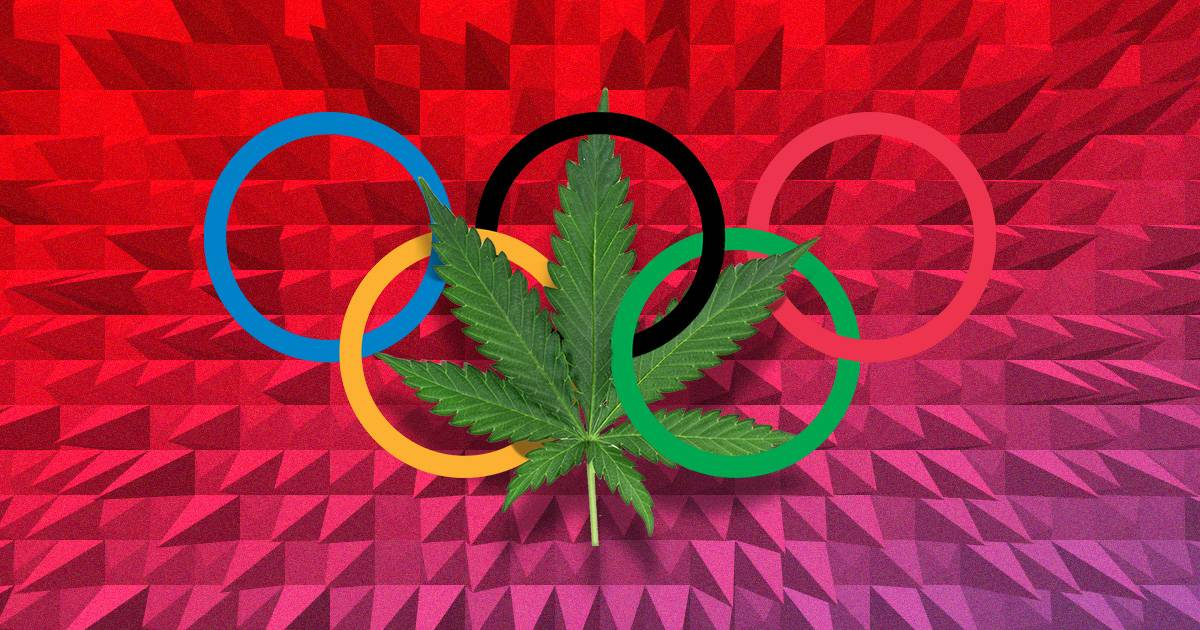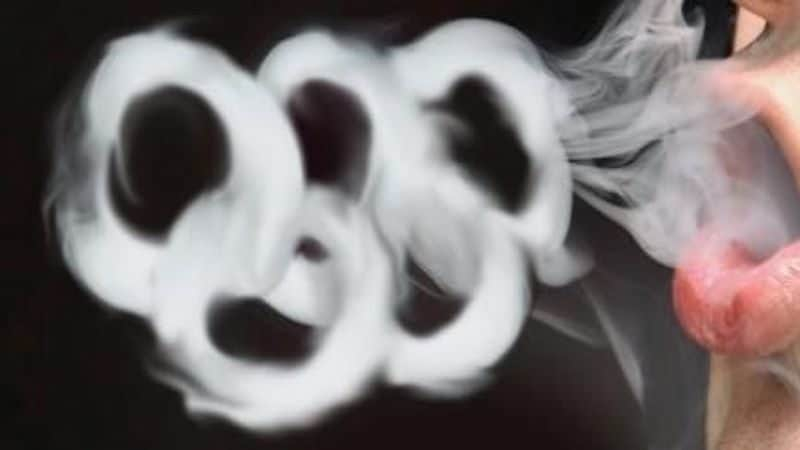Is Cannabis Legal in the Olympics?
7/14/2021 12:10 AM

Recently, several elite athletes in Canada and the United States have not been allowed to participate in the Olympics or compete at national levels after testing positive for THC.
Since then, many professional athletes and Olympic hopefuls have stepped up to break the stigma that weed is bad or enhances athletic performance in any way.
In this article, we’ll discuss the different ways professional athletes use weed in their training routines and what experts say about THC use at the Olympic level.
Why Do Athletes Use Weed?
 Despite being a medicinal plant that has been used in holistic medicine for thousands of years, marijuana use still has a negative stigma attached to it that suggests only burnouts or stoners use it.
Despite being a medicinal plant that has been used in holistic medicine for thousands of years, marijuana use still has a negative stigma attached to it that suggests only burnouts or stoners use it.
However, this couldn’t be further from the truth as many studies have proven its numerous health benefits and many professional athletes are stepping up to show their support for the drug, proving that weed has a place in today’s professional society.
Several professional athletes use weed in their training and credit it for helping them compete at Olympic levels, including Canadian professional snowboarder Ross Rebaglati - the first athlete ever to win an Olympic gold medal at the 1998 Winter Olympics for men’s snowboarding.
Rebaglati was later stripped of his medal after testing positive for THC - and then he was given the medal back after authorities determined that weed is not a banned performance-enhancing substance. Rebaglati has since spoken up about the anti-inflammatory benefits of weed for athletes and how cannabis and THC can help promote better mental health, physical recovery, and sleep.
Most recently in the United States, controversy erupted after track star and Olympic hopeful Sha'Carri Richardson was banned from competing after she smoked weed and tested positive for THC. Richardson claimed she smoked weed to deal with her mother’s death.
Since then, many professional athletes have stepped up to defend Richardson as well as the controversy surrounding THC use as a banned substance, including several NBA stars who claim that they use it to recover both mentally and physically after a hard season.
Is Marijuana A Performance-Enhancing Drug?
 Research shows that there is no direct evidence indicating that marijuana has a performance-enhancing effect in athletes. However, it is most commonly used in athletes who participate in high-risk sports and can be used to reduce pain and inflammation - as well as concussion-related symptoms.
Research shows that there is no direct evidence indicating that marijuana has a performance-enhancing effect in athletes. However, it is most commonly used in athletes who participate in high-risk sports and can be used to reduce pain and inflammation - as well as concussion-related symptoms.
So, if THC does not enhance athletic performance - and it may possibly reduce pain and inflammation associated with hard training - why is it frowned upon in athletics at the Olympic level?
The answer depends on the rules and regulations of Olympic organizations. According to a 2006 article published in the British Journal of Sports Medicine, THC promotes a ‘certain heaviness, marked relaxation, and excessive limb fatigue’, and because it’s primarily smoked, weed can have detrimental effects on the lungs, upper respiratory tract, and oral cavity.
The United States Anti-Doping Agency and the Canadian Centre for Ethics in Sport (CCES) state that for a chemical to be added to the banned list, it must meet two of the following three inclusion criteria:
- The substance must pose a health risk to athletes
- The substance must have the potential to enhance performance
- The substance must violate the spirit of sport
The World Anti-Doping Agency has increased the threshold of substances that would indicate that an athlete is using a banned substance. However, it has not removed THC from the banned list because it meets two of the three criteria mentioned above.
Additionally, the 2021 World Anti-Doping Code has categorized THC as a banned substance because it is commonly used in casual settings outside of sport - such as when Richardson used it to cope with a death in the family.
While these rules might seem like they are unfair for athletes who seek to use cannabis for training purposes, some athletes agree with the policies against weed.
For example, former Olympic snowboarder Ross Rebaglati - mentioned above - has stated that he thinks marijuana is a performance-enhancing drug - not in the traditional sense that most people think of like making athletes bigger, stronger, or faster - but in that weed helps them gain an advantage over the competition by boosting their mental health and reducing anxiety associated with competing at the Olympic level.
Should Athletes Use Cannabis?
 While the controversies surrounding marijuana use for athletes is something that many people think should be reconsidered, the rules for now state that athletes cannot use THC if they are competing at higher levels that require drug and performance-enhancing urine tests.
While the controversies surrounding marijuana use for athletes is something that many people think should be reconsidered, the rules for now state that athletes cannot use THC if they are competing at higher levels that require drug and performance-enhancing urine tests.
However, athletes can still use CBD - the compound in marijuana that does not make you feel high - for its anti-inflammatory and relaxing properties. This can help athletes get into the calming and focused mindset they need to compete at high levels.
CBD is also great for sore muscles and can be used topically on legs, arms, and back after a tough workout session. CBD can also be used orally to reduce depression, which is something that even many professional athletes deal with despite their natural athletic abilities.
Final Thoughts
Despite being a banned substance, THC is becoming more popular among professional athletes.
However, until worldwide organizations lift the ban on THC use during the Olympics and other high level competitions, athletes will need to stick to CBD use only to clear drug tests and secure their spot in upcoming events.
Where do you stand on weed in the Olympics?







